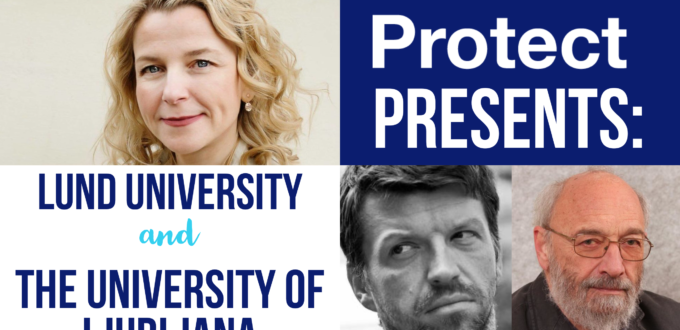We analyzed ~16 million social media posts (Twitter, Youtube and Reddit) and ~2 million news articles across nine different languages (English, Spanish, German, French, Italian, Dutch, Swedish, Danish and Polish). The posts were selected using similar query criteria. We dissected the discourse along two dimensions. First, we identified specific themes present across the different language […]
Migration as a polarizing issue on social media
Social media are one of the main arenas in which European citizens discuss policy issues such as migration and in which opinion formation on such issues takes place through the sharing and consumption of information and views. At the same time, it is an arena in which traditional and alternative media, NGOs, and politicians share their views on migration and interact with citizens to promote their agenda. For this reason, social media are a melting pot of different actors and interests, and a lens through which the European discourse on migration can be studied. Social media offer both, a huge potential for, on the one side, the free and democratic exchange and, on the other, for polarization and manipulation of the European discourse on migration.
Weighting the Crisis: Comparing Media Coverage of Migration-Related Events in the EU
The migration crisis proved to be not only one of the biggest humanitarian catastrophes of the past decade in Europe but also one of the most salient media-covered events. Studying the media coverage of the crisis reveals some interesting general features and ‘national idiosyncrasies’.
Who says what? Studying social media discourses on international protection
Who’s name is mentioned more frequently in social media content related to refuge and migration: Angelina Jolie, Pope Francis, or Donal Trump? Are some refugee groups mentioned more frequently than others? Do social media discussions respond to real world events related to asylum and migration policy? In this vlog, Anamaria Dutceac Segesten presents some of PROTECT’s preliminary results from our research on social media discourses on refugees and migrants.
PROTECT partner presentations: The University of Ljubljana and the Lund University
By the means of AI-driven technology, PROTECT’s two teams from the University of Ljubljana in Slovenia and Lund University in Sweden will map actors and discourses present in traditional media and social media currently shaping the discourse on international protection on refugees.




